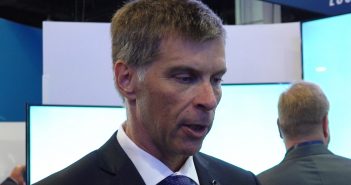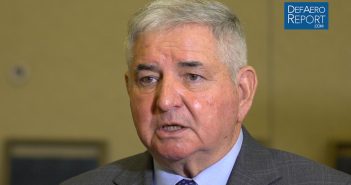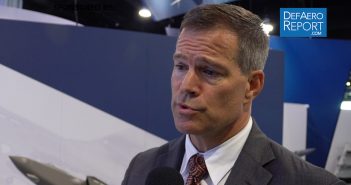
Air Guard’s Rice on Hurricane Prep and Relief, Readiness and Modernization Plans
Lt. Gen. L. Scott “Catfish” Rice, USAF, the director of the Air National Guard, discusses preparations for Hurricane Maria, Harvey and Irma relief, the readiness of his force and modernization with Defense & Aerospace Report Editor Vago Muradian during the Air Force Association’s 2017 Air, Space & Cyber conference and trade show on Sept. 20, 2017. The Defense & Aerospace Report’s coverage of AFA was sponsored by L3 Technologies and Leonardo DRS.

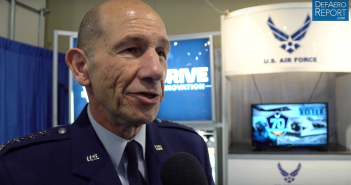
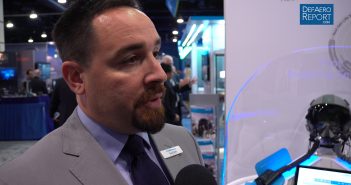



![Defense & Aerospace Business Report [Sept. 19, 2017]](https://defaeroreport.com/wp-content/uploads/2017/03/PodcastTile-351x185.gif)
